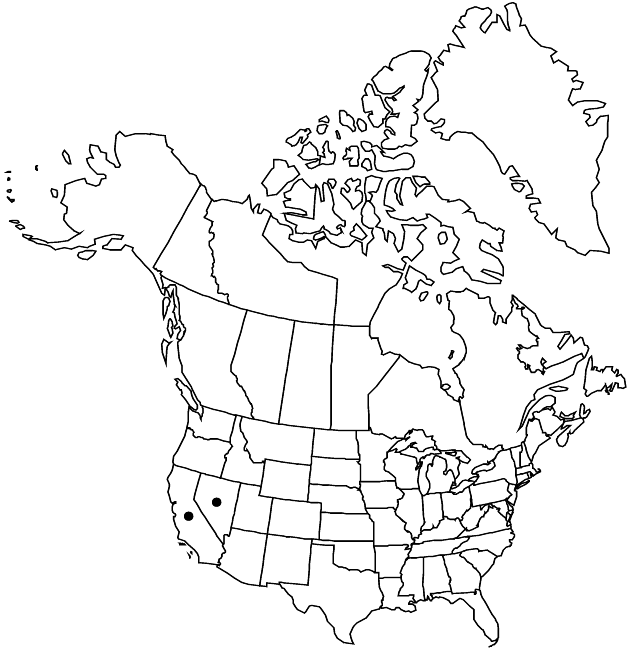Difference between revisions of "Senecio pattersonensis"
Leafl. W. Bot. 5: 60. 1947.
FNA>Volume Importer |
FNA>Volume Importer |
||
| Line 10: | Line 10: | ||
|name=Senecio revolutus | |name=Senecio revolutus | ||
|authority=Hoover | |authority=Hoover | ||
| + | |rank=species | ||
|publication_title=Leafl. W. Bot. | |publication_title=Leafl. W. Bot. | ||
|publication_place=3: 256. 1943, | |publication_place=3: 256. 1943, | ||
| Line 38: | Line 39: | ||
-->{{#Taxon: | -->{{#Taxon: | ||
name=Senecio pattersonensis | name=Senecio pattersonensis | ||
| − | |||
|authority=Hoover | |authority=Hoover | ||
|rank=species | |rank=species | ||
| Line 53: | Line 53: | ||
|publication year=1947 | |publication year=1947 | ||
|special status= | |special status= | ||
| − | |source xml=https://jpend@bitbucket.org/aafc-mbb/fna-data-curation.git/src/ | + | |source xml=https://jpend@bitbucket.org/aafc-mbb/fna-data-curation.git/src/eaa6e58056e40c9ef614d8f47aea294977a1a5e9/coarse_grained_fna_xml/V19-20-21/V20_1257.xml |
|tribe=Asteraceae tribe Senecioneae | |tribe=Asteraceae tribe Senecioneae | ||
|genus=Senecio | |genus=Senecio | ||
Revision as of 20:25, 16 December 2019
Perennials, to 10 cm (rhizomes branching). Herbage (sometimes reddish-tinged, especially proximally) glabrous. Stems 1–3 (arching upward). Leaves evenly distributed (proximal often withering before flowering); obscurely petiolate or sessile; blades oblanceolate to lance-linear (sometimes with 1–2 lateral lobes), 2–4 cm × 3–5 mm, bases subdecurrent, weakly clasping, margins entire or wavy (often revolute). Heads 1(–4). Calyculi of 3–5+ (inconspicuous) bractlets. Phyllaries ± 13, 5–7(–8) mm. Ray florets ± 8; corolla laminae 5–10 mm. Cypselae glabrous.
Phenology: Flowering summer.
Habitat: Talus slopes
Elevation: 3000–3700 m
Discussion
Of conservation concern.
Senecio pattersonensis has the aspect of a depauperate S. fremontii with notably narrow leaves. Some plants in collections appear to be intergrades with S. spartioides.
Selected References
None.
